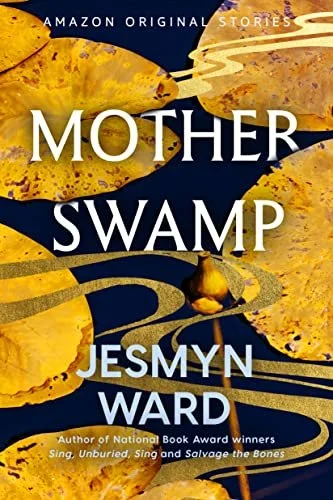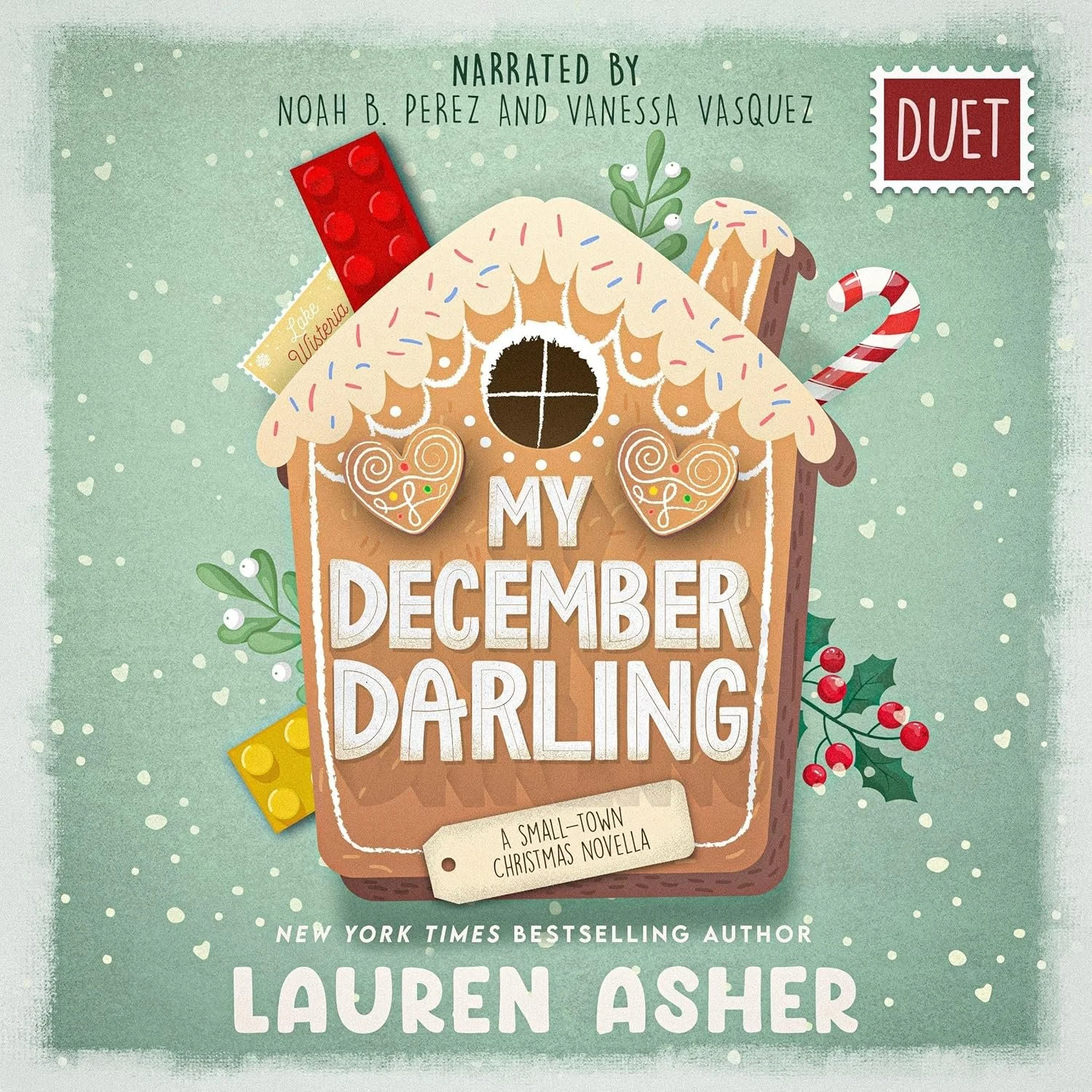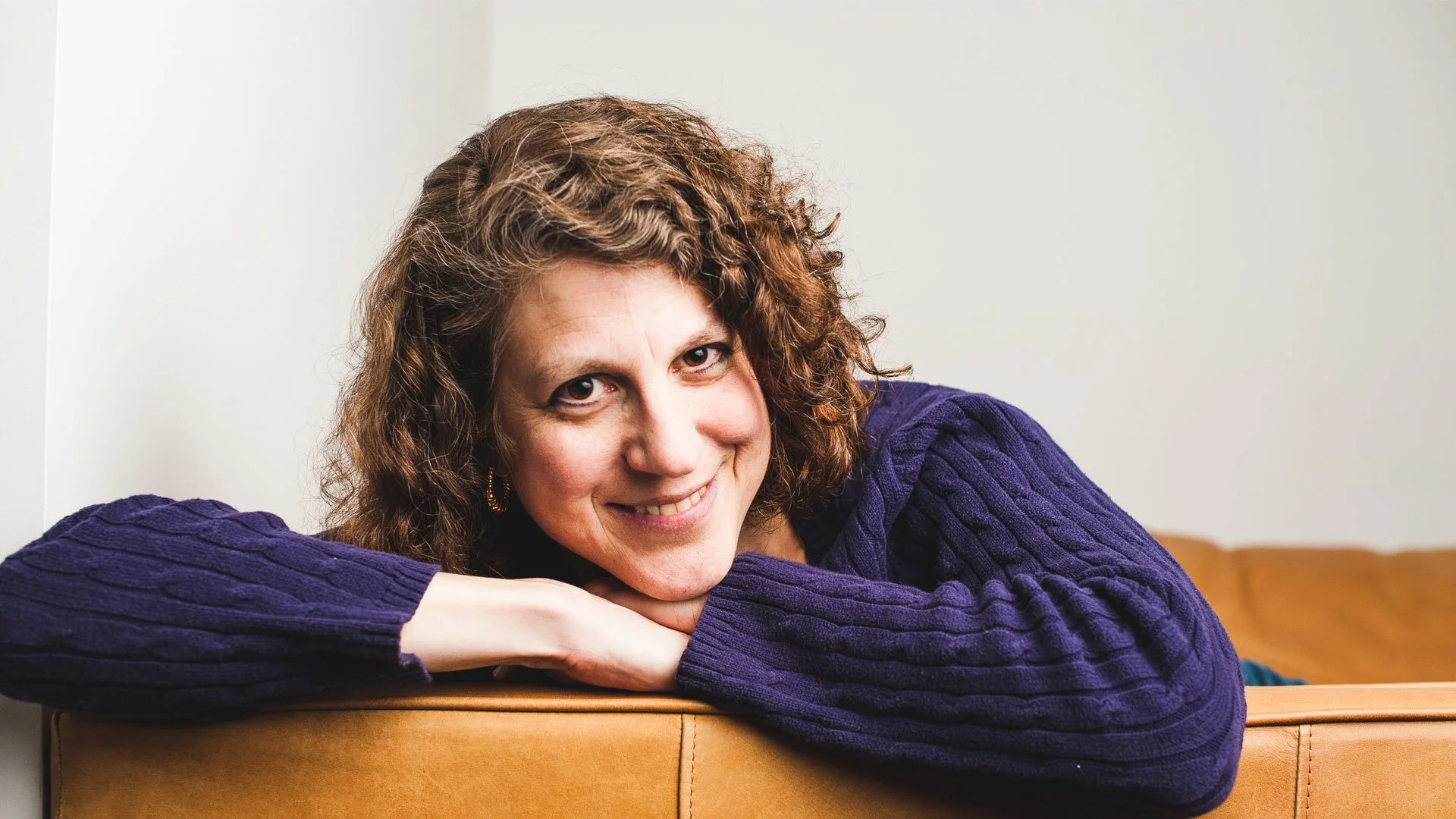Spotlight: Mother Swamp by Jesmyn Ward
/Publisher: Amazon Original Stories
Afice is the last of nine generations of women who have survived enslavement, sickness, and hunger. Alone at age seventeen, she sets out through the Louisiana swamps to follow the trail of her ancestors and hear their songs anew. On this journey, Afice must decide how to honor her ancestors while embracing her own future.
Jesmyn Ward’s Mother Swamp is part of A Point in Time, a transporting collection of stories about the pivotal moments, past and present, that change lives. Read or listen to each immersive story in a single sitting.
Excerpt
I watch the sky, night after night. Sometimes, I think I see my grandmother, and all the mothers before her, traveling the shatter of stars across the darkness, swimming along that great river of light. In the day, I squint against the sun beyond the swamp’s wide-reaching branches, beyond the clouds. I trace messages in the tops of the trees as they twist and shake and nod. I put my ear to their trunks and hear them, after many days of rain, singing as they pull water up, up, to their great green crowns. Sometimes, when there are storms, they break and scatter branches over the mouth of my burrow, my home, the cave that First Mother dug out of hard river clay.
“Bend,” my mother told me.
“Look low,” her mother told her.
“Keep down,” Sixth Mother told her.
“Smother the fire,” Fifth Mother said.
“Hand over the smoke pipe,” Fourth Mother whispered.
“Hide,” said mother to daughters, through the years. “Hide.”
My neck pulls, my jaw tightens the girdle of my head, but I have spent my life looking up. The stars’ current glitters. I roll my shoulders straight, tighten my pack on my back. Follow the mothers’ trail across the miles. Nine generations have hidden here in this swamp. Nine generations have walked these paths across bayous, across rivers, across forests to meet our future.
The first of us stole herself away from the sugarcane fields in the west. First Mother dove into a writhing river, clung to logs rolling downstream, and swam for a day and a night before crossing a great lake to land here, on the shores of this swamp, this sodden bayou that stretches over all horizons. She climbed from the water, black with mud, and knew that this place, alligator ridden, riven with knock-kneed roots, trees wreathed in vines, would shelter her. She searched for a month before finding a patch of high river bluff: this is where she dug the burrow.
“I knew this place would mother,” she said.
Every time the moon turned red and bobbed over the tops of the trees, First Mother would tell the story of the place she’d run from. A place flattened and mud beaten by pale enslavers. They called it a plantation, said it was a farm. We called it a work camp, knew it for a death camp. They stole dark people like us. Chained us and set us to chopping and hauling and digging in the fields from before sunrise to late at night. There were great buildings erected to cover ever-burning fires and squat pots that boiled pulped plants to sugar.
“Sweeter than honey,” First Mother said. “The taste of it burned.”
The people starved, she said, while them that said they owned them lived in high-ceilinged white houses; wore white, delicate clothing; ate sugar until they turned fat and waxy with it. Grubs gorging on rot. They were superior, they said. Supreme, they said. Blessed by spirit to squat on this land, claim it, kill the families and communities of darker people some called Biloxi, some called Houma, some called Natchez, some called Chahta, who had lived here always, forever: they were blessed, they said, to drive those they couldn’t kill deeper into this water-soaked, hush-green place. Blessed by spirit to work First Mother’s people to walking skeletons, they said. Blessed to burn crosses in the cheeks of First Mother’s people who tried to run. Blessed to put iron collars with spikes on them they found troublesome. Blessed to bind with balls and chains them that rankled at the lash. Blessed to turn the dogs on them that twisted against the shackles of never-ending days, of hungry, hollow, hot nights.
Even the ones that ran starved, First Mother said, measuring half rations from pilfered corn and flour and rice and salt meat. And more often than not, she told First Daughter, They was caught.
But never us, she said. Never us.
Buy on Amazon
About the Author
Jesmyn Ward is the author of Where the Line Bleeds, Salvage the Bones, and Sing, Unburied, Sing. She is a twice-over recipient of the National Book Award, first in 2011 and again in 2017. In 2016 she was selected for the Strauss Living Award, and in 2018 she was awarded a MacArthur Fellowship. Visit her website at www.jesmynwardauthor.com.















































